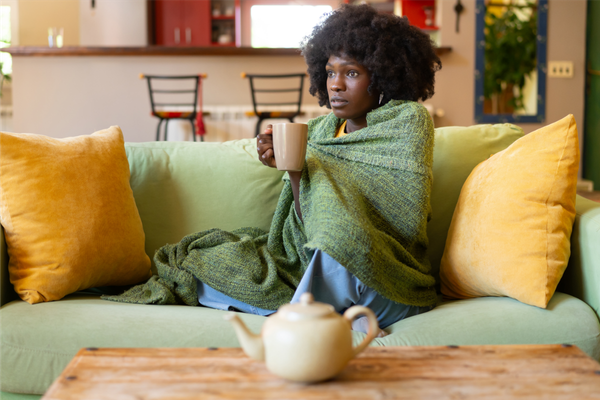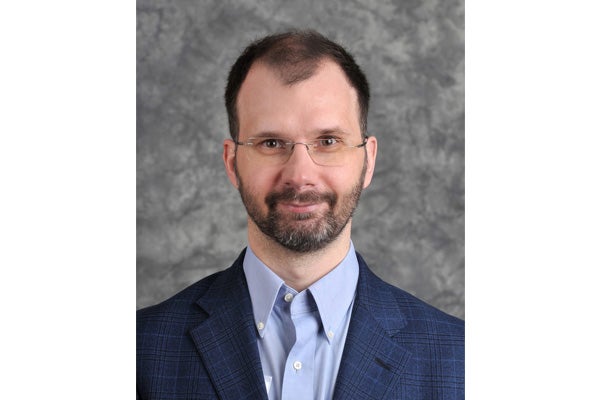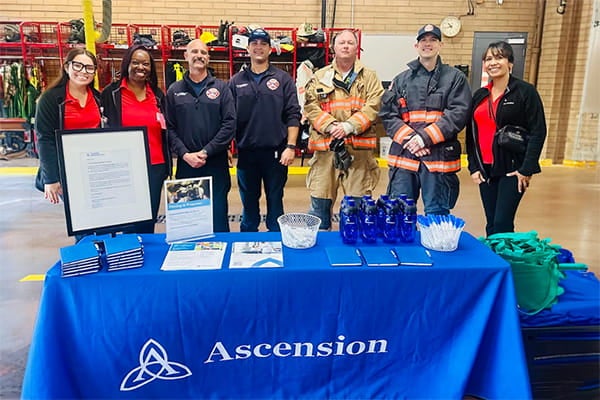A department of Ascension Saint Joseph Chicago
Lincoln Park Endoscopy Center
In Chicago, Illinois, Lincoln Park Endoscopy Center delivers care for digestive health conditions.
Personalized care for digestive health conditions
When bloating, heartburn, constipation, diarrhea, nausea, vomiting, cramping or stomach pain won't go away, talk with a gastroenterologist (GI doctor) at Lincoln Park Endoscopy Center. We deliver personalized care for conditions that affect the entire digestive tract from your throat to your colon and everything in between. With diagnostic lab and imaging tests, colonoscopy, and endoscopic camera procedures, your doctor diagnoses and treats GI conditions. Your GI doctor and care team start by listening to understand you and your health concerns. Then, we work with you to create a care plan that's right for you.
Digestive health conditions affect your physical and emotional health. GI distress often disrupts how, what and when you eat. Your gastroenterology doctor provides treatment options and advanced care for a range of digestive health conditions, including:
- Acid reflux
- Barrett's esophagus
- Colon cancer screening of polyps
- Constipation
- Crohn's disease
- Diarrhea
- Dyspepsia
- Gallbladder disease
- Gastroesophageal reflux disease (GERD)
- GI cancers (including colon cancer, pancreatic cancer and stomach cancer)
- Gluten and food allergies
- Heartburn
- Hemorrhoids
- Hepatitis C
- Indigestion
- Inflammatory bowel disease (IBD)
- Irritable bowel syndrome (IBS)
- Leaky gut
- Stomach ulcers
- Swallowing problems (dysphagia)
GI doctors also provide nutrition counseling and medical nutrition therapy.
Colonoscopies can help detect cancer
Getting regular colon screenings, such as a colonoscopy, may help find polyps and cancer early, when they are most treatable. When polyps and cancer are found early, there may be more options for treatment too. We recommend men and women get their first colonoscopy at age 45. You may need to get a colonoscopy earlier if you have a personal or family history of polyps or colon cancer, or if you have symptoms such as:
- Abdominal pain or discomfort
- Change in bowel habits
- Rectal bleeding
- Unexplained weight loss




